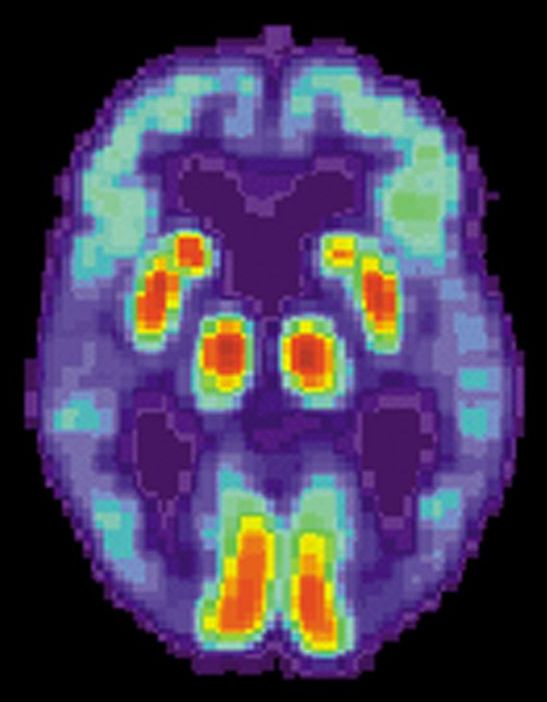Researchers at Baylor College of Medicine report today in the journal Neuron evidence that refutes the link between increased levels of herpes virus and Alzheimer’s disease. In addition, the researchers provide a new statistical and computational framework for the analysis of large-scale sequencing data.
About 50 million people worldwide are affected by Alzheimer’s disease, a type of progressive dementia that results in the loss of memory, cognitive abilities and verbal skills, and the numbers are growing rapidly. Currently available medications temporarily ease the symptoms or slow the rate of decline, which maximizes the time patients can live and function independently. However, there are no treatments to halt progression of Alzheimer’s disease.
“Like all types of dementia, Alzheimer’s disease is characterized by massive death of brain cells, the neurons. Identifying the reason why neurons begin and continue to die in the brains of Alzheimer’s disease patients is an active area of research,” said corresponding author Dr. Zhandong Liu, associate professor of pediatrics at Baylor and the Jan and Dan Duncan Neurological Research Institute at Texas Children’s Hospital.
